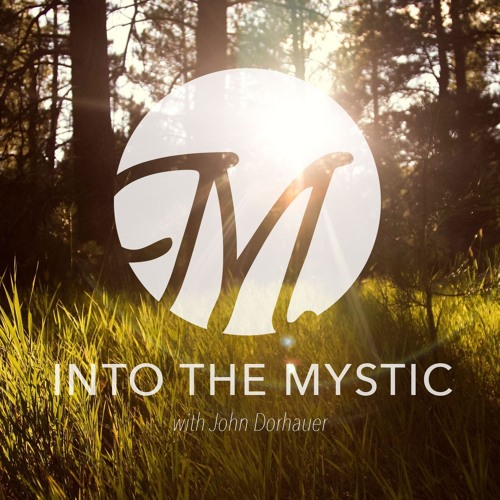Ash Wednesday
Listen to the podcast
Read the transcript
Remember, o mortal, that thou art dust and unto dust thou shalt return.
As a Catholic child growing up, the placing of ashes upon the forehead and the recitation of those words had a considerable impact on me. At that age, it was impossible to separate the words, the act, and the notion of the forty days of sacrifice of something dear to me from the larger context of Catholic guilt I associated with all of that.
I had no doubt about my sinfulness, and the need to repent. I was never unaware of the consequences I would suffer if and when I knowing broke the rules – and always figured as long as no one got hurt too badly and there was a pathway back to either forgiveness or reconciliation, then I would gladly rather enjoy the momentary pleasures of straying and pay the price for it than spend my whole childhood doing nothing but what the rules allowed.
So, Lent was an important time for me. I gave myself over to sacrifice as knowingly and zestfully as I gave myself over to the pleasures I enjoyed along the way. I didn’t want those pleasures to spell the end of my relationship with God. Don’t be mistaken, I didn’t enjoy Lent or Ash Wednesday or giving something up I really liked. But I understood it and wanted to make very sure it was sufficient to cover the myriad of transgressions I volunteered for to satiate my thirst for pleasure. I definitely wanted to balance my scales with God, and knew I owed her something.
I’d like to think my theology has progressed a bit beyond the simple equation of my sacrifices being deemed by God sufficient enough to atone for me sinful ways. There’s just a bit too much quid pro quo theology in there for me to be satisfied with that; and way too much emphasis on the threat of eternal damnation and guilt to be of much use to me.
But there is still something not only sobering but instructional about a tangible reminder that I art dust and until dust I will return. My theology now recognizes in God a delight in our pleasure, and satisfaction in our ability to take joy from all that life brings. It is a different orientation to the sacred than that of judge ready and willing to punish. And from this point of view, Lent is less about appeasing an angry God than about taking notice of wounds I have either inflicted upon others or had inflicted upon me, seeking pathways to healing those wounds, and then finding new pathways that lead to healthier interactions in the world.
I want to experience over and over again the power of resurrection hope. I have come to accept that I can’t do that by escaping pain and death, grief and sorrow, trauma and heartache. After all, I am mortal. As mortal made from the dust of Earth and soon to return to the Earth as dust, I accept that the journey at times lingers in the shadows of death. But there I fear nothing, for the Holy is at my side. Beyond the dust and death there is an empty tomb – and I don’t believe I can experience the joy of that without my own pathway through the shadows.
Lent has become that time for me. Not so much about sacrifice anymore, it is a time for me to ask about the shadows. What have I done to take away light from the world and cast a shadow? What power is shadow holding over me, depriving me of my joy? Can I accept and endure my time in the shadows and find the light of Easter all the more exhilarating? These are questions I now ponder. I’m not giving up dessert or snacks or potato chips as a pathway to appeasing an angry God. But I am contemplating for a season the dusty shadows of mortality on this, our journey Into the Mystic.
Content on ucc.org is copyrighted by the National Setting of the United Church of Christ and may be only shared according to the guidelines outlined here.

Related News
Planning for Earth Month: Resources for Congregations
April is Earth Month, and for congregations, it can be a great time to further discern how...
Read MoreBodily Autonomy Means Every-BODY
Advocacy and Action for Women's and Gender Justice Local events stir thoughts and...
Read MoreAn ally experiences PRIDE in the CLE
Advocacy and Action for Women's and Gender Justice Local events stir thoughts and...
Read More


